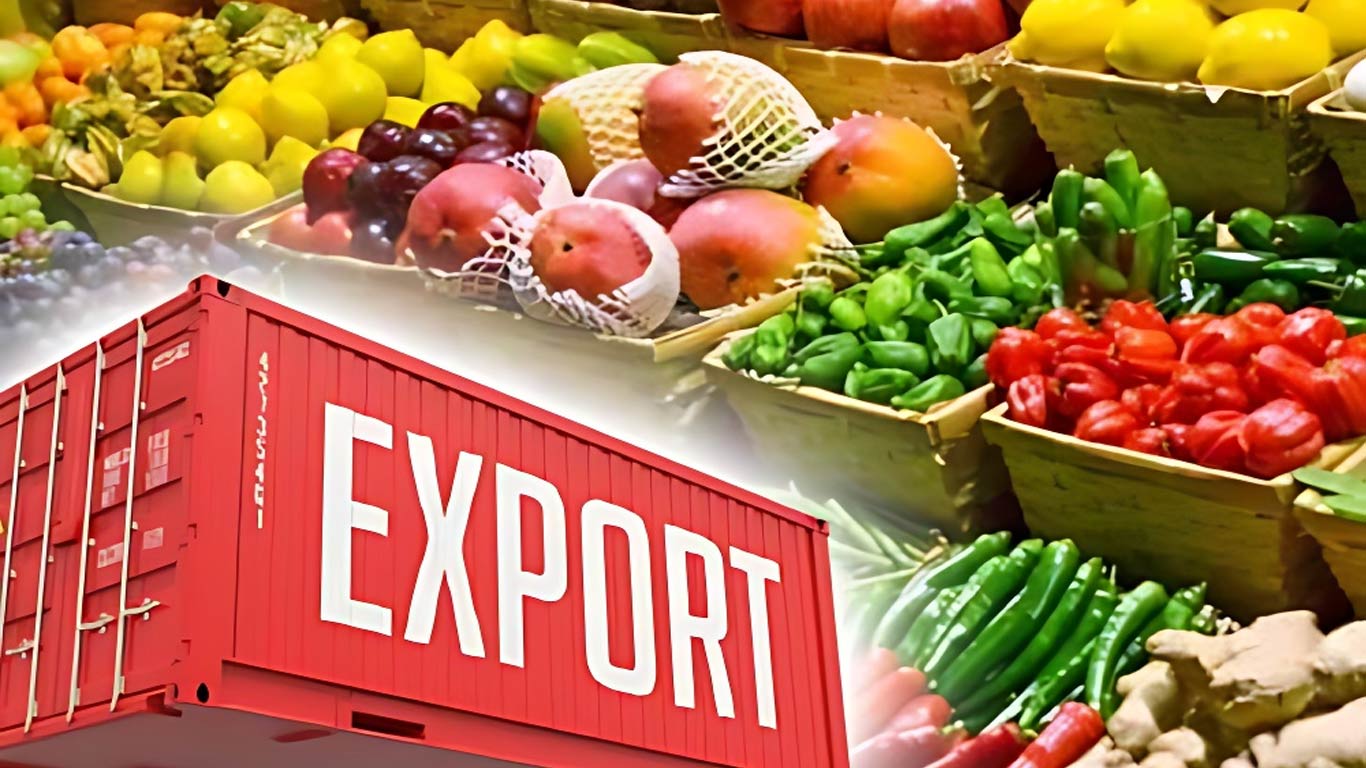Exports Restrictions To Drag India’s Agricultural Exports
Updated: Dec 22, 2023 04:18:49pm

Exports Restrictions To Drag India’s Agricultural Exports
New Delhi, Dec 22 (KNN) India's agricultural exports are expected to experience a flat trajectory in the current fiscal year due to export restrictions on key commodities, including wheat, non-basmati rice, and sugar, said Rajesh Agrawal, Additional Secretary at the Ministry of Commerce, in a statement to reporters on Thursday.
“We expect we will (maintain) that export level in spite of a USD 4.5-5 billion impact due to the restrictions,” Agrawal stated.
In the previous financial year, Agrawal added, India recorded agricultural exports amounting to USD 53 billion.
To offset the potential decline in traditional exports, there is a strategic focus on promoting shipments of alternative products such as bananas and value-added millet items to new markets, he stated.
Agrawal outlined ambitious plans to increase banana exports to USD 1 billion within the next three years.
However, disruptions on the Red Sea trade route pose a threat to India's premium basmati rice exports to Europe, Egypt, and parts of West Asia, a senior government official said.
While there is currently no impact, prolonged disruptions may force a shift to longer export routes, potentially resulting in a 15-20 per cent increase in basmati rice shipment prices.
“On Wednesday, we had a meeting with basmati exporters on the Red Sea issue. Right now, there is no problem but if this continues exports may see some disruption. Basmati is a premium product from India, so there is demand and exports will continue,” the official said, adding that the demand will be maintained.
Last year, India achieved basmati rice exports worth USD 4.7 billion, with shipments totalling USD 3 billion during April-October of the current year.
Geopolitical conflicts have led to heightened tensions in the Red Sea region.
This has prompted an increasing number of shipping lines to avoid the Red Sea, impacting approximately 15 per cent of global shipping traffic that transits through the Suez Canal – the shortest route connecting Europe and Asia.
As uncertainties persist, India remains vigilant about potential disruptions in its agricultural export landscape and explores alternative strategies to navigate challenges on both trade and geopolitical fronts.
(KNN Bureau)












